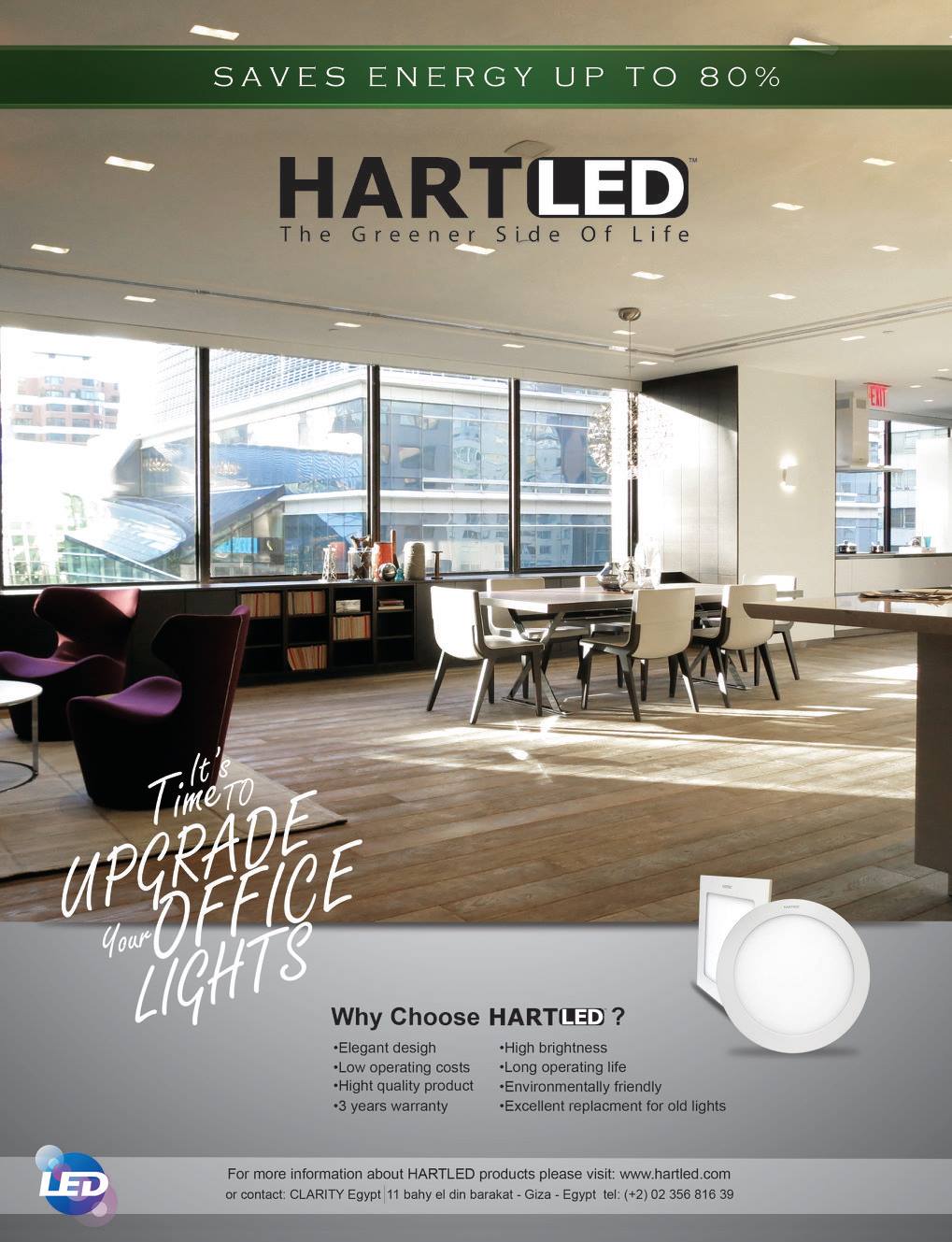The phrase “they don’t make them like they used to” is often used to critique the quality of today’s products by comparing them negatively with those of yesteryear.
These complaints typically center around the belief that despite their bells and whistles, today’s products are no longer as durable as their predecessors. In the past, the slow pace of technological innovation meant that families would rely on the same appliance for decades.
However, today’s appliances are designed around concepts like planned obsolescence which curtail their lifespan on the assumption that users will soon be replacing the devices. Now when appliances break down, it’s often cheaper to throw them out and buy new ones instead of taking them in for repair. In some market segments, almost half of all users replace their products every two years. However, with income inequality on the rise and increasing environmental concerns, European consumer groups are now advocating for more durable, sustainable products. While long lasting clothing can be a tough sell, consumers don’t want to be forced to replace their home appliances often.
Washing machines today can be expected to last for 10-13 years, but even this comparatively long lifespan still generates a lot of waste, and the appliances are costly to replace. New consumer trends are giving rise to products with extended warranties. Some of these warranties last as long as two decades, like that of the LG Centum System washing machine. If European market trends follow as anticipated, durability will be center stage at IFA.



